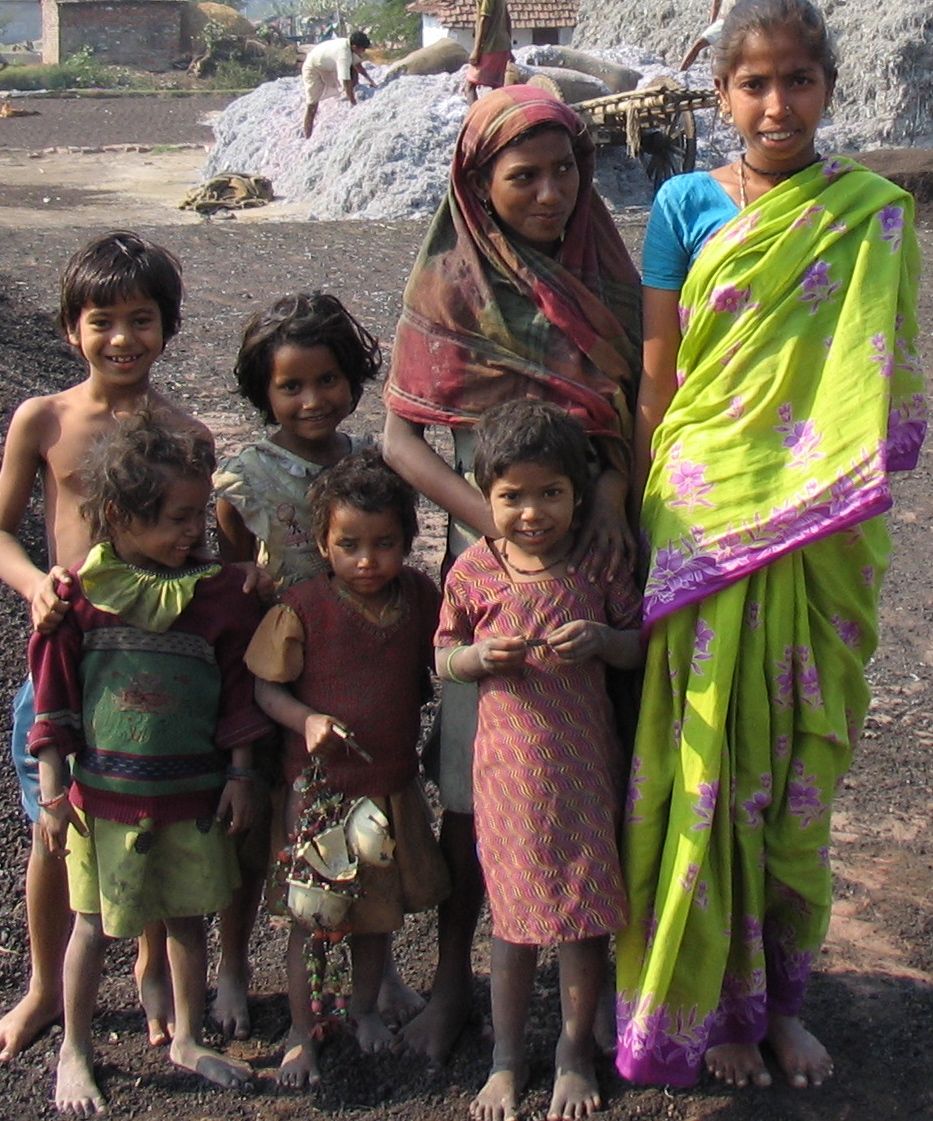“Women are usually in charge of the family’s health but are often excluded from training and other opportunities,” says Budi Susilorini, Pure Earth’s country director for Indonesia.
Budi was recently invited to take part in a discussion organized by NGO BaliFokus and Women Engage For A Common Future (WECF), working with the United Nations Secretariat of the Basel, Rotterdam and Stockholm (BRS) Conventions and the Ministry of Environment and Forestry of Indonesia.
The conclusions reached? Women are being left behind. Women also hold the key.

“The report that 1.7 million children under the age of five die each year from pollution only strengthens the importance of women’s role in fighting pollution,” says Budi.
“In order for our cleanup projects to succeed, we always strive to involve the community, in particular women. Women are usually more receptive to the solutions we bring, and more willing to set them into action. If you win over women, you are more likely to have a positive, long term impact on their families, and thus the community,” explains Budi.
As the world marks International Women’s Day on March 8, discussions like this about the importance of women’s involvement are no doubt taking place worldwide.
Women and the Fight Against Pollution
Here at Pure Earth, we aim for equal participation of women in all our projects. Here’s why:
Exposures to dangerous chemicals have a multigenerational impact on women, families and entire communities. Pregnant women can transmit toxins to their infants in utero and via breast milk. Toxic exposures have been linked to pre-term birth, and infant mortality. Research shows that exposure to toxic pollution in utero can also impact the future reproductive and genetic health of a developing fetus.
Because of their traditional gender roles, women usually work with children nearby. Then they return to their homes to care for and prepare meals for the family. If women are exposed to toxic pollution, chances are that their families will be poisoned too.
Millions of women work in artisanal and small-scale industries that pollute and use dangerous chemicals on a daily basis. These industries include artisanal gold mining, used lead-acid battery recycling and leather tanning.
Women are commonly pushed to the fringe in these industries, thereby forming a de facto high-risk population. For example, they may be economically isolated, excluded from cooperatives or ownership positions or paid through back channels to work in their homes or backyards rather than in monitored, safer industrial environments.
- In Zamfara, Nigeria, the site of one of the world’s worst outbreak of lead poisoning that killed over 400 children under the age of five, women worked processing lead-contaminated ore from local gold mines in their homes, often using cooking instruments, such as mortar and pestles, later used for food preparation. They then dumped the slag in their backyards, where dry conditions caused lead dust to spread throughout family compounds and the community.
- In the Thiaroye Sur Mer neighborhood of Dakar, Senegal, a group of poor women were paid informally by a company to both scavenge lead and recycle used lead-acid batteries in their backyards. A large number of children were poisoned. 32 died. One mother lost five of her children because of her job.
- In Tegal, Indonesia, women scavenge lead from slag and waste material by hand at an informal used lead acid battery recycling facility. Pure Earth is working to clean up the toxic lead contamination in the community.
Toxic pollution can make women’s daily routines more difficult, preventing them from making strides in their lives. For example, contamination of soil and rivers has made many ground and surface water sources no longer usable for domestic use. Not only does this affect the availability of clean water but it also disrupts women’s daily routines with the need to fetch or buy water in areas located farther away, keeping them away from their family and work opportunities. In addition, this could mean that scarce income has to be diverted to the purchase of safe water. This can trap women in a cycle of poverty.
Pollution impacts the poor the most, and women are more likely to be at the bottom of the social-economic ladder. The poisoned poor cannot afford to move or clean up their toxic communities.
Related:
Mongolia Teaching Van Trailblazes A Path To Mercury-Free Mining






